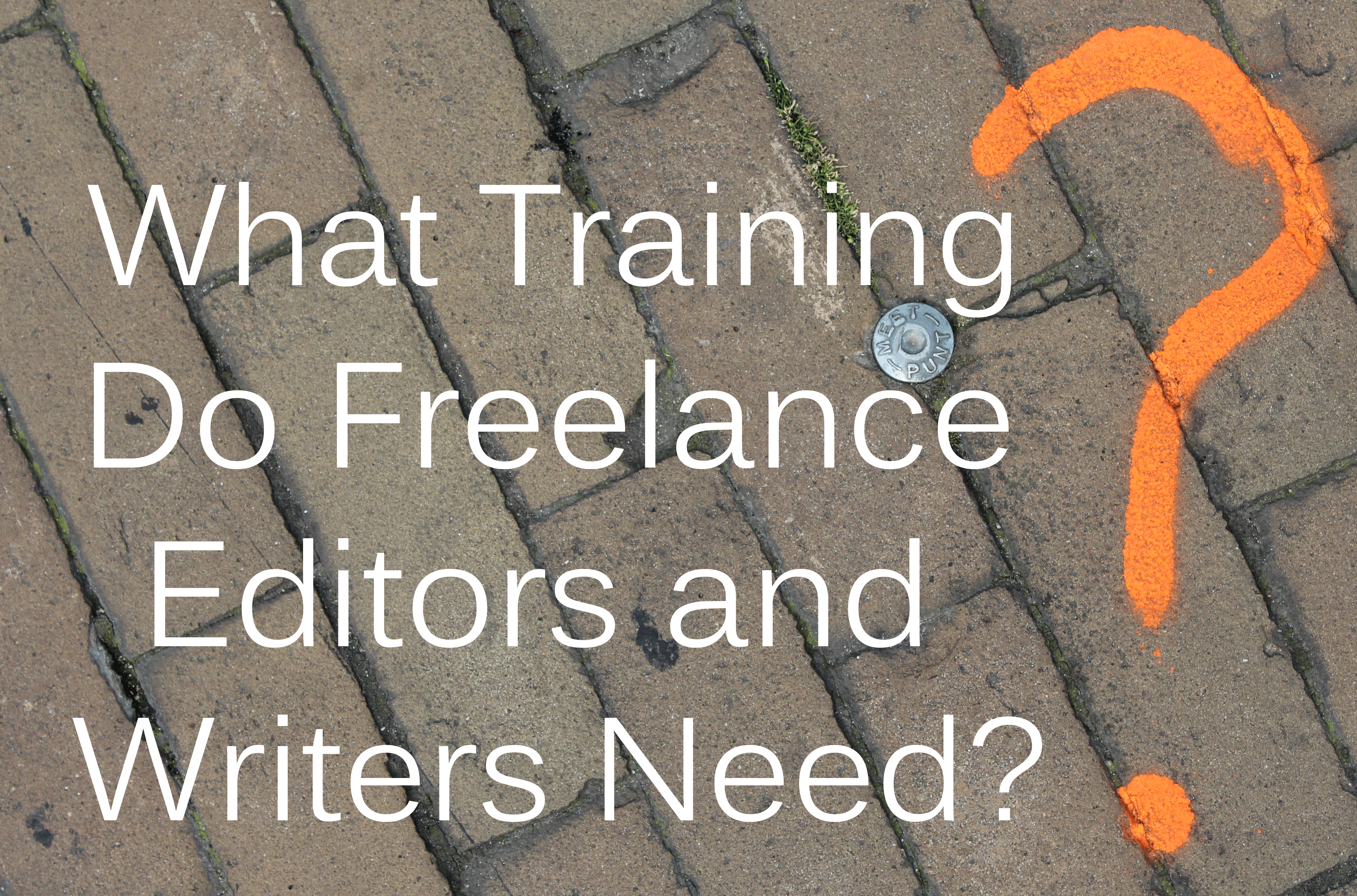 Many professions have guidelines regarding who can enter the field. Surgeons, for example, must go through medical school, pass the boards, and receive a license. Lawyers have to make it through law school and then pass the bar exam. Massage therapists have to go through school and become licensed. You can’t even cut hair without specific training and hours of professional practice.
Many professions have guidelines regarding who can enter the field. Surgeons, for example, must go through medical school, pass the boards, and receive a license. Lawyers have to make it through law school and then pass the bar exam. Massage therapists have to go through school and become licensed. You can’t even cut hair without specific training and hours of professional practice.
Yet, there’s nothing governing the fields of writing and editing.
This is a blessing and a curse. A blessing, because I don’t have to jump through hoops to do what I love. A curse, because it’s all too easy for unqualified people to order free business cards off VistaPrint.com bearing the title “writer and editor.”
So, what training should a freelance writer or editor have? Here’s my opinion on the minimum training writers and editors need:
#1 A university degree (preferably in English, journalism, or communication)
It’s not that I think attending a university is an end-all be-all. It’s not. But there is more to a college education than most people realize. For me, the most valuable part of my degree in English writing was learning how to read.
No, I don’t mean read, as in read a book. I mean read, as in really getting in there and digging deep, developing a love for language and an understanding of the written word that only struggling through Longinus can teach. I didn’t know it was happening at the time, but looking back, I realize just how much I transformed as a reader. This has enhanced my editing and writing a great deal.
Plus, college taught me other things, too: responsibility, perseverance, hard work. There’s something about getting through four years of that place, you know?
#2 Professional experience
I saw so many of my peers in college fail miserably at this, and as they grew into adults, they continued to not seek out real, professional training. This is a big mistake. You can’t hop into freelancing without at least some experience—you need to work in the field, just like any other profession.
Straight out of high school, I got a job as a receptionist working at a marketing firm. I could have flipped burgers for close to the same pay, but I knew that I was getting paid in more than money. It turned out to be a good move because I got the opportunity to write web content for Hewlett Packard when I was just 18. In college, I did a yearlong internship at an international publication. I sought out ways to gain writing and editing experience at my places of employment. When I finally took on freelance work, I felt confident in my skills because I was well practiced.
The point? Practice matters. All freelance writers or editors should have professional experience before they start handing out business cards.
#3 Thorough knowledge of major style guides
This is more important for editors than writers. All editors should know The Chicago Manual of Style and the AP Stylebook intricately. You will never be able to memorize them, but you should know the basics and where to find answers. I highly recommend the online subscriptions of each—it’s so worth the small fee.
#4 Continuing education
Education doesn’t stop when you receive a college degree. Freelancers should make the effort to continue learning. If you’re a freelance ghostwriter, perhaps it’s being up on the latest publishing trends. If you write blog articles, maybe it’s reading about how to write effective posts. If you edit books, perhaps it’s staying well-read within the genres you’re working with.
I’m putting this into practice by finishing my master’s degree in professional writing and editing. It’s been a challenging endeavor but completely worth it. Don’t be afraid to venture out of what’s comfortable and learn something new.
#5 Business communication skills
Let’s just say writers and editors aren’t known for their oratory talents. Yet, business communication skills are critical to building a successful freelance business. Winning over clients and contracts, negotiating contracts, communicating with clients to understand project needs, presenting work—all of these fall under business communication.
If you struggle with communicating in a professional setting, I highly recommend seeking out training, whether it’s at a university, through community ed, or with an individual who specializes in communication. I recommend Nancy Buffington (http://boisespeakwell.com), an executive communication coach who can work in person or over the phone.
There are certainly other training qualifications I should add to the list, but these are the basics. If you’re already working in the field and you’re missing one, don’t worry. The beautiful thing about being human is that we get the opportunity to improve ourselves each and every day.
What would you add to the list? Do you agree or disagree with my list of qualifications?
(Image courtesy kleuske| flikr)
This is an excellent list. The single greatest asset in editors is their skill level, something that can be difficult for clients (and aspiring editors) to assess. The training and experience you suggest will definitely help.
Agreed! It’s nearly impossible to assess skill without hiring an editor to work on a sample (and then it’s usually still difficult). But being able to vet editors/writers without certain training can be useful.